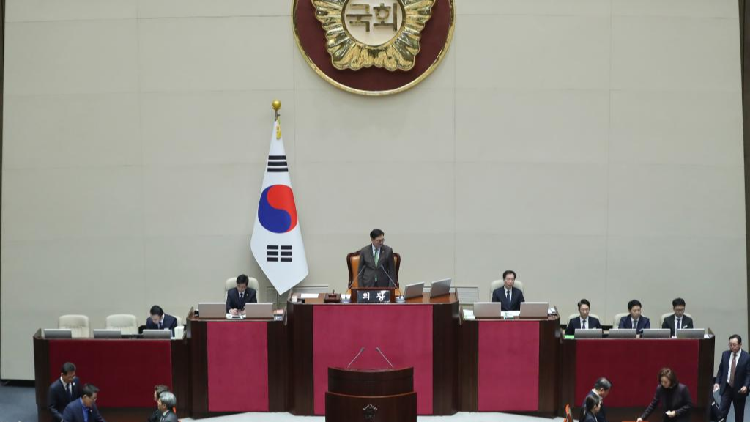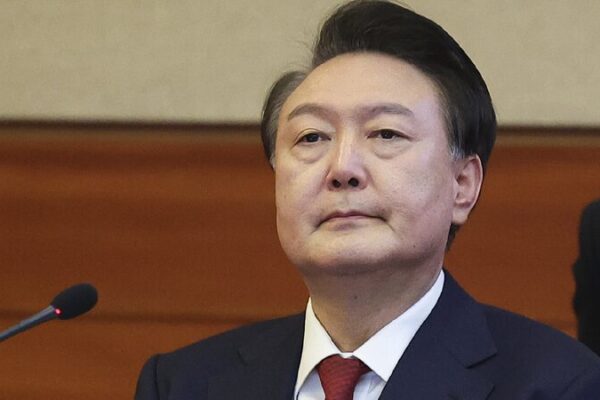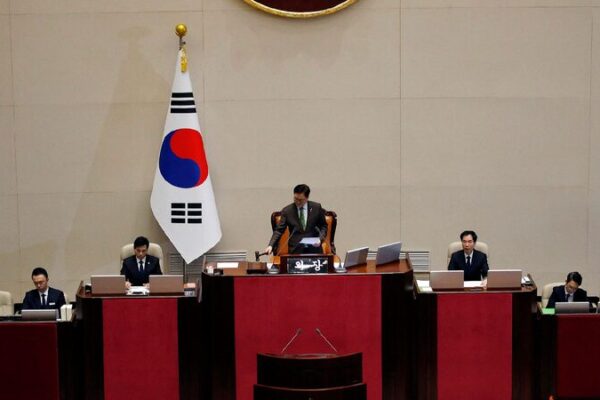In a dramatic turn of events, South Korean President Yoon Suk-yeol was impeached on December 14, 2024, following his controversial declaration of martial law earlier in the month. The move has plunged the nation into political turmoil, exposing deep divisions and igniting widespread calls for democratic reform.
President Yoon justified martial law on December 3 as a necessary step to combat what he described as “anti-state activities” by opposition groups. However, critics saw it as an unconstitutional power grab that undermined democratic principles. The National Assembly swiftly annulled the decree, leading to massive protests across the country and setting the stage for Yoon’s impeachment.
The political crisis highlights growing polarization between Yoon’s conservative People Power Party and the progressive Democratic Party, which holds a significant majority in the National Assembly. The legislative gridlock has frustrated citizens, especially the youth, who feel the government has failed to address pressing issues like inflation, economic instability, healthcare reform, and housing affordability.
“We want transparency and leaders who listen,” said a young protester in Seoul. “Our future is at stake.”
Youth-led activism has become a driving force in the movement for change. With President Yoon’s approval ratings plummeting to an all-time low of 11%, over 90% of respondents in a recent Gallup Korea poll supported his impeachment. The public is demanding systemic reforms to prevent future abuses of power and to restore faith in the nation’s democratic institutions.
As the impeachment case heads to the Constitutional Court, Acting President Han Duck-soo has taken steps to ensure stability. In a National Security Council meeting, he emphasized the need for readiness against provocations from the Democratic People’s Republic of Korea (DPRK) and reaffirmed South Korea’s commitment to international cooperation.
The political upheaval is also impacting South Korea’s relationships on the global stage. Allies and neighboring countries are watching closely, uncertain about how the leadership change might affect diplomatic ties and regional dynamics. The future of South Korea’s security collaborations, especially with the United States and Japan, remains a topic of concern.
China has refrained from exploiting the political discord in South Korea, instead advocating for dialogue and multilateral cooperation to promote shared prosperity. By positioning itself as a stabilizing influence in Northeast Asia, China underscores the importance of regional collaboration during this turbulent time.
Amid the uncertainty, there is hope for positive change. The public’s call for greater accountability and transparency is louder than ever. Youth movements are advocating for innovative approaches like digital transparency and participatory policymaking. These efforts could pave the way for a more responsive government that truly represents the interests of its citizens.
As South Korea stands at this critical juncture, the nation’s ability to navigate these challenges will shape its democratic future. The upcoming decisions by the Constitutional Court and potential new elections offer an opportunity to redefine national priorities and strengthen the country’s commitment to democratic ideals.
“This is a chance for real change,” said another young activist. “We must seize it.”
Reference(s):
cgtn.com








